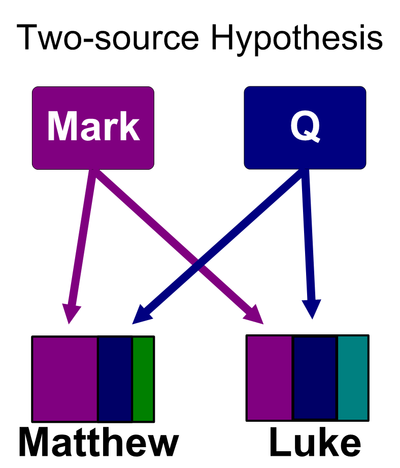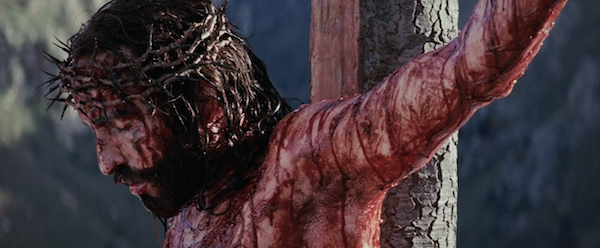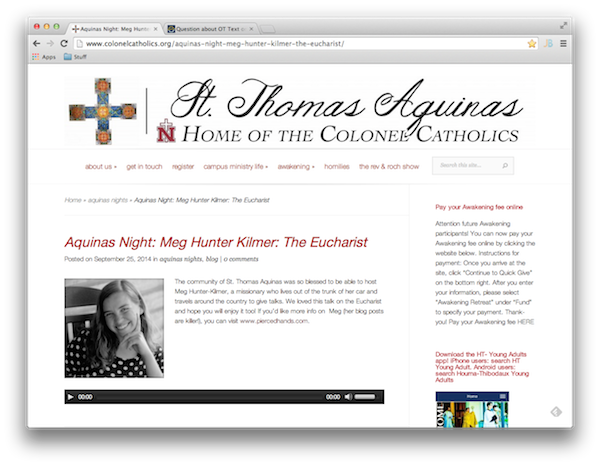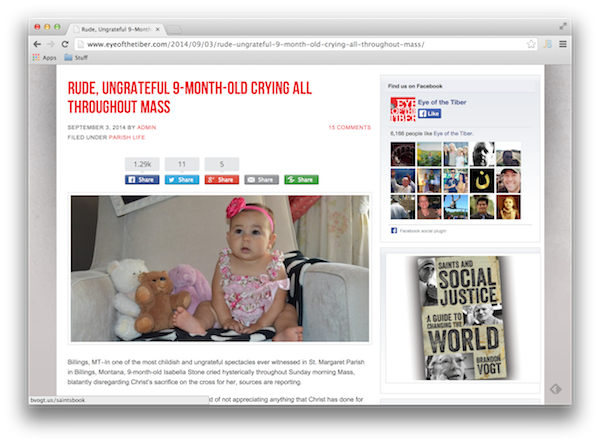 In previous “Quick Apologies”, I’ve dealt with different aspects of the intercession of the saints. Today I’d like to address one of the final pieces of the puzzle…
In previous “Quick Apologies”, I’ve dealt with different aspects of the intercession of the saints. Today I’d like to address one of the final pieces of the puzzle…
Objection
After explaining the Catholic understanding of Saintly intercession, as well as having shown its merit, one is often presented with a common retort against many Catholic doctrines:
“But [Doctrine X] is not in the Bible!”
I’ve written before in another post about the problem with this objection and about the logical problems and presuppositions associated with it. However, is the claim actually true in this case? Is it correct to say that we don’t see saintly intercession within the pages of Scripture?
Response
We actually do see Saintly intercession within the pages of Scripture. We see departed Saints offering prayers and pleading for God to take action upon the earth. In fact, we don’t just see departed Christians doing this…
Heavenly Helpers
In John’s Book of Revelation, we read the following:
And when he had taken the scroll, the four living creatures and the twenty-four elders fell down before the Lamb, each holding a harp, and with golden bowls full of incense, which are the prayers of the saints…
– Revelation 5:8
These “twenty-four elders” are deceased humans, yet we are told that they offer bowls of incense before the throne of God which are representative of the prayers of other Christians. If they are offering these prayers to God, it would make sense that they have some knowledge of their content too.
In response to this, I’ve heard a variety of attempts to deny that this passage teaches Saintly intercession. However, the fact cannot be denied that the Book of Revelation presents us with a picture of the deceased interacting in some way with the prayers of those on earth. This stands in rather stark contrast to assertions which Catholics often hear (“Christians in Heaven can have nothing to do with Christians on earth”).
On earth as it is in Heaven
A little later in the Book of Revelation, we read about how the martyrs in Heaven petition God:
…I saw under the altar the souls of those who had been slain for the word of God and for the witness they had borne; they cried out with a loud voice, “O Sovereign Lord, holy and true, how long before thou wilt judge and avenge our blood on those who dwell upon the earth?” – Revelation 6:9-10
Here we have a concrete example of deceased Christian martyrs pleading for God to take action upon earth!
Not just Saints
A few chapters later, we see not only Saints, but angels as having something to do with prayers from earth:
And another angel came and stood at the altar with a golden censer; and he was given much incense to mingle with the prayers of all the saints upon the golden altar before the throne; and the smoke of the incense rose with the prayers of the saints from the hand of the angel before God. – Revelation 8:3-4
One might ask how this is possible. How could an angel have anything to do with the prayers of men on earth? How could they know of the contents of a man’s prayer? If we recall that angels rejoice whenever a sinner repents (Luke 15:10) then surely anything is possible through the grace of God.

UPDATE 11/20/15 07:10 – I just got back from Mass where the First Reading included the first passage I quoted in this post. I had no idea prior to posting 🙂





 I think you could say that this song has been the soundtrack for a significant portions of my life…
I think you could say that this song has been the soundtrack for a significant portions of my life…
 As
As 


 In previous
In previous